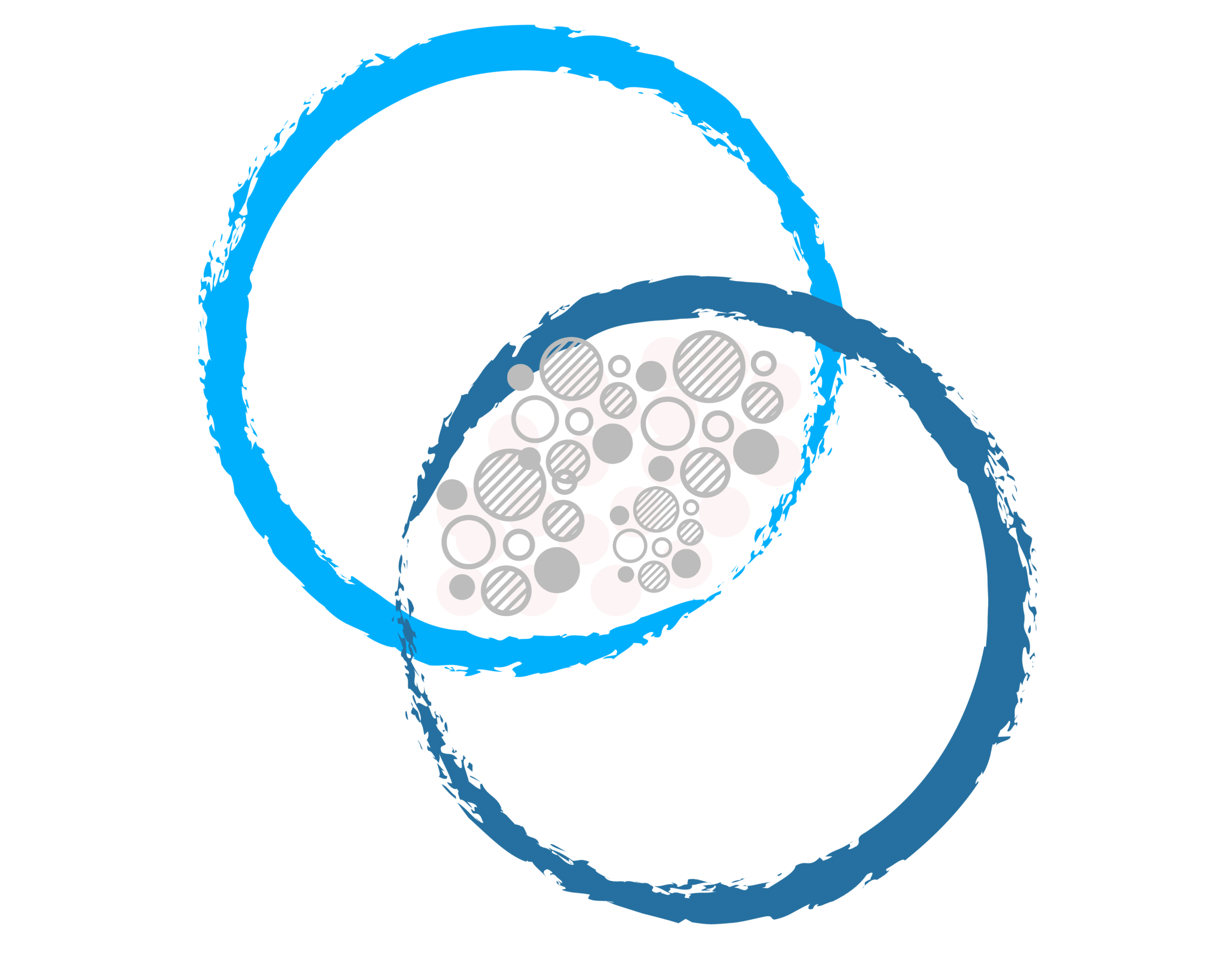There is a significant difference between conspiracy theorists and investigative journalism. They both in a way keep each other in check when one is lacking in their role. However, what a conspiracy theorist starts, investigative journalist needs to end as conclusively as possible so that unfettered delusions don’t become dogmatic facts.
Conspiracy theorists are those that deal with any sort of conspiracy regardless of their political affiliation and an investigative journalists are those trying to uncover facts without preconceptions to conclusions. Sometimes, these positions overlap, within the same person. But it matters what was primary for that person, as they are likely to return to type.
That is why I say, when I say, I like conspiracy theories but I don’t like conspiracy theorists. Because they have already convinced themselves of conclusions to conversations they have never had. They are more susceptible to delusions. But they are important, because they shine the light on things others are unwilling to and they speak truth to the power. Sometimes they are right, at times they are more right than wrong. But their thought pattern to reach those conclusions isn’t always right.
Investigative journalists can help guide that thought pattern or at least reveal the correct way of reaching that particular conclusion that a conspiracy theorist was right about. This is important, because it keeps delusions in check. However, these days investigative journalists are failing in their duty. Because most journalists have become dogmatic, and have already convinced themselves of conclusions much like their counterparts. They are found sorely lacking in their role.
So what we have now, is the clash of two extreme points. Where the nuances of truth are being picked at random as fitted for a certain narrative by each side to bash each other’s head with, while the rest of us are left here scratching our heads becoming detached from reality.
And so, I wonder again, as I did a while ago. Malevolence or incompetence? Perhaps both. But a human is more likely to be stupid in an unnatural environment to it than evil, and so I lean towards incompetency more while knowing full well the capacity of malevolence in humans.

Leave a comment